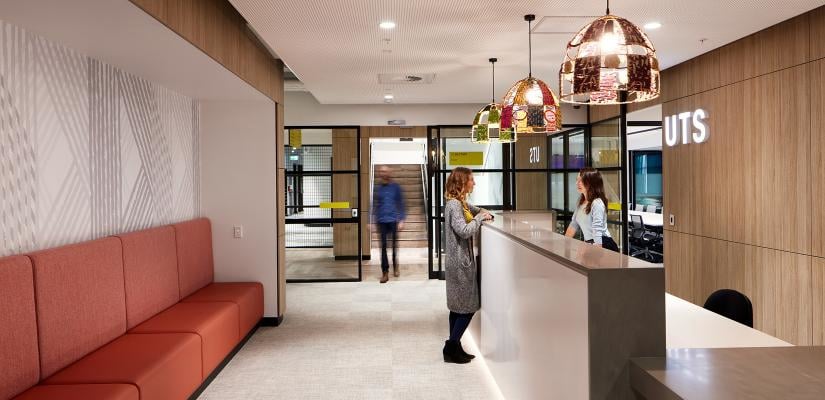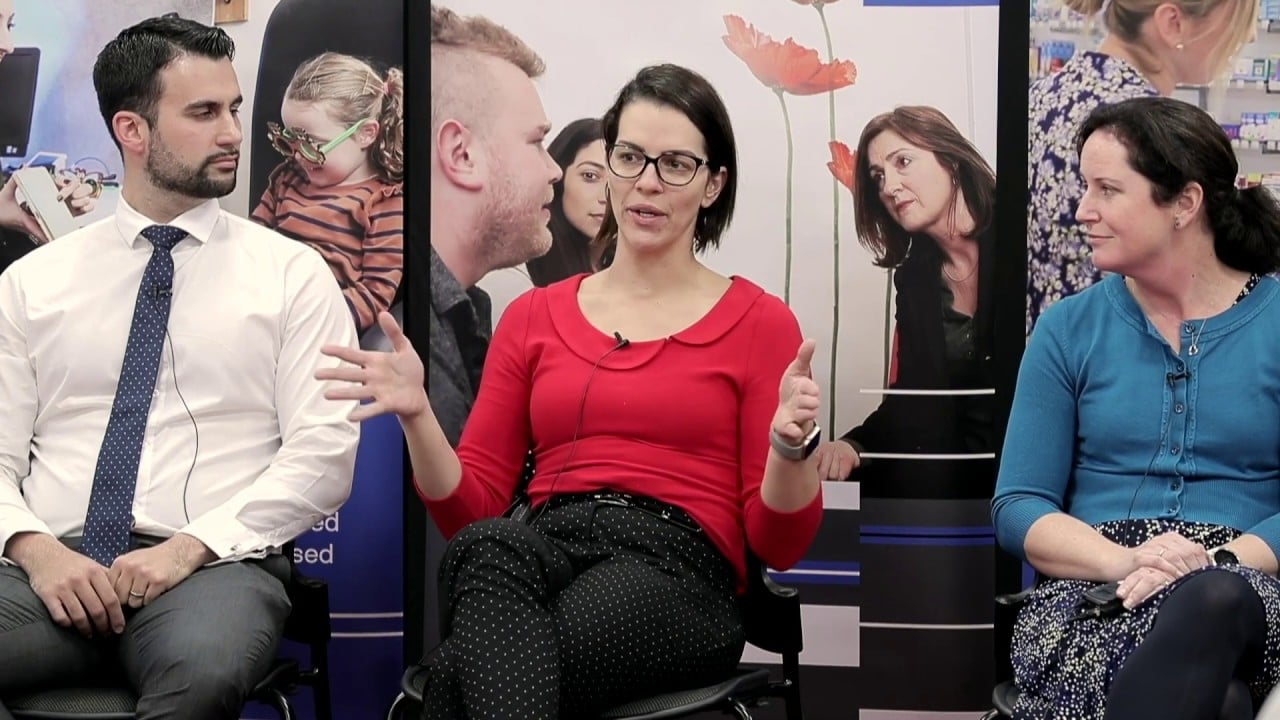High-impact health research and teaching
We offer Graduate Entry Masters programs in pharmacy, speech pathology, orthoptics, physiotherapy, genetic counselling, clinical psychology and good manufacturing practice.
Our professional partnerships, expert staff and world-class facilities are the foundational pillars which drive us to be innovators in the health profession.
The Graduate School of Health (GSH) was established in 2011 to address emerging needs of health professions.
Our staff are practitioners and researchers actively shaping the healthcare sector.
We conduct postgraduate research and studies in Physiotherapy, Orthoptics, Genetic Counselling, Pharmacy, Speech Pathology and Clinical Psychology.

Our facilities
One Hundred Broadway offers cutting-edge facilities tailored to the needs of our researchers and students.
Study with us

Allied health professionals play a critical role in our health system. These specialised clinicians help prevent, diagnose and treat conditions, to give their patients a better quality of life.
Demand for psychologists and other mental health professionals is high, and this is only expected to grow in the coming years. If you’re fascinated by the way our brains work, a career in Psychology could be the perfect fit for you.
Got a mind for chemistry and an interest in health? Pharmacy might be for you. With a wealth of job opportunities, this sector offers you the chance to make a real difference in the lives of people across Australia and the world.
Curious about life working in Allied Health?
Practicing clinicians discuss what a day in the workforce is really like. The panel includes a physiotherapist, speech pathologist, pharmacist, orthoptist, clinical psychologist and genetic counsellor.










